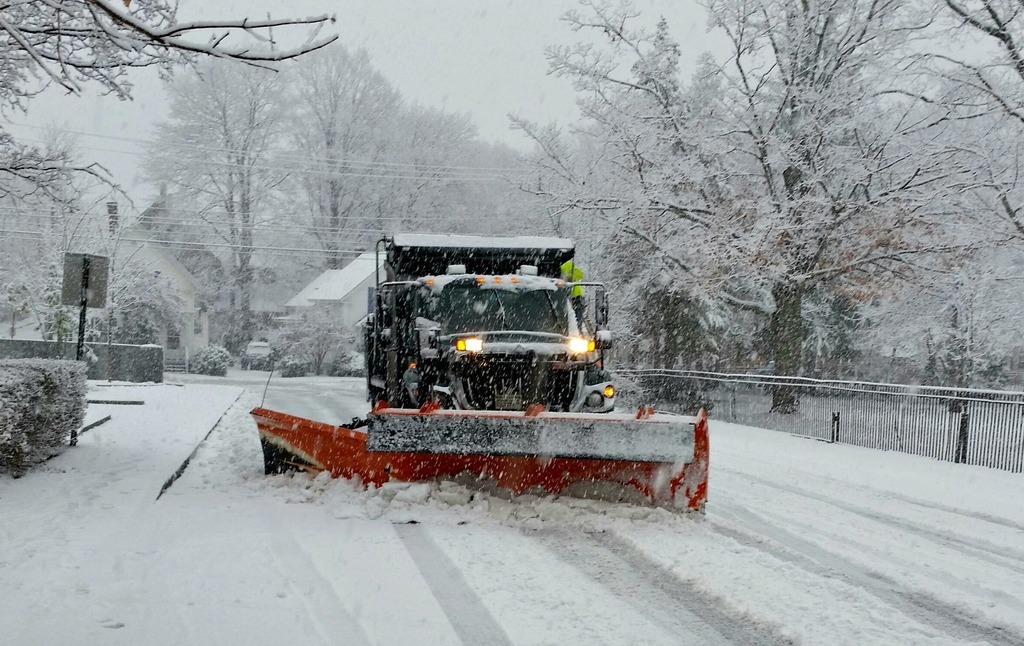Members of the Cranbury Township Committee have adopted an ordinance prohibiting the outside storage of deicing material.
Mayor Mike Ferrante, Deputy Mayor Barbara Rogers, Township Committeewoman Evelyn Spann, Township Committeeman Matt Scott, and Township Committeeman Jay Taylor voted unanimously to adopt the measure on July 12.
“We do have a land ordinance for outdoor storage. What we did was in Article III for zoning districts, we just added it to prohibited uses in all districts,” Spann said. “Rather than put in a lot of specifications on what to do with outdoor storage of deicing material, we just said outdoor storage of deicing material is prohibited.”
The ordinance no longer allows under any circumstances the outdoor storage of any materials used to de-ice the roads in any township zones.
According to the ordinance, prohibiting the outdoor storage of deicing materials is a way for Cranbury to protect the township’s groundwater and other sensitive areas.
Cranbury did allow outdoor storage of deicing material under certain circumstances.
“The ordinance allows our zoning officers to enforce the pile or stock pile of deicing material outside, even if it has a tarp on it,” Spann said. “This was a very direct way to give our zoning officers the ability to restrict or request commercial owners to remove the deicing material once they were finished with it, so they weren’t arguing how it was covered, if it is inside or outside, etc.”
She added that if they want to do their own salt sprinkling on their parking areas and sidewalks they can.
“But they have to find a place to store it inside or find a service that brings it in for each event. They can’t leave the deicing material piled up,” Spann said.
When winter storms occur deicing material are used to make safe pathways covered in snow and ice on driveways, roadways, and sidewalk pavements. Deicing material can contain sodium chloride, calcium chloride, and potassium chloride.
The materials such as salts can harm plants, affect water quality and the environment.
According to the ordinance, negative environmental impacts could occur when the salt is not properly stored, and if there is precipitation from storm events causing salt-laden runoff.
Spann also added that by making the outdoor storage of deicing material a “prohibited use” it allows the Planning Board during a site plan review to question where deicing material will be stored and to clarify with the applicant that it can not be stored outside.

